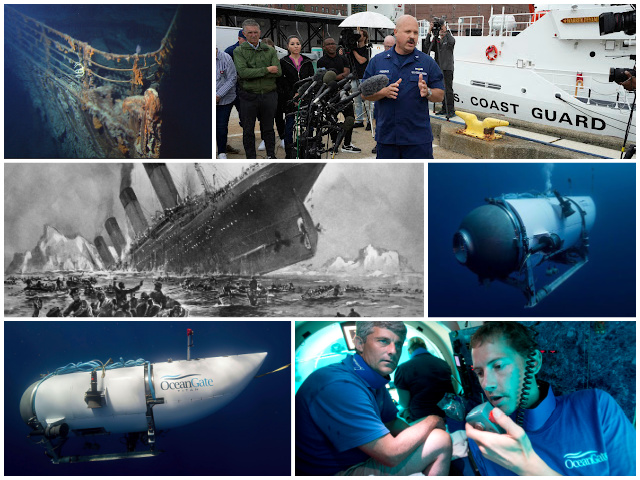
Mike Reiss, former showrunner of The Simpsons, has shed light on the communication challenges faced during deep-sea dives with OceanGate’s Titan submersible. According to Reiss, the submersible lost contact with the surface during all four of the dives he was part of. Reiss also discussed the ominous waiver that tourists sign, which mentions “death three times on the first page.”
The Huffington Post reports that Mike Reiss, a celebrated author and former The Simpsons showrunner, recently discussed his experience with the Titan submersible vessel operated by OceanGate. Reiss completed four dives with the Titan, and throughout each of these expeditions, the submersible consistently lost contact with its host ship.
“Every time they lost communication. That seems to be just something baked into the system,” Reiss said. He further added, “I don’t blame OceanGate, but I think I blame deep water for that.”
Reiss was well aware of the dangers associated with deep-sea exploration because he was a passenger on the Titan. He talked about the lengthy waiver he was required to sign before starting the dives. “There is a long release you sign, a waiver, that mentions death three times on the first page,” he recounted.
Reiss visited the Titanic wreckage during one of his dives off the southeast Canadian coast. The Titan encountered difficulties with its compass and communication during this expedition after landing 500 yards from the sunken ship. “We knew it was there, but our compass was acting up, and we didn’t know in what direction it was,” Reiss explained. Despite these difficulties, it took the crew about three hours to find the wreckage.
Reiss discussed the psychological effects of operating a deep-sea submersible as well. In spite of the possible dangers, he spoke of a sense of calm and serenity. “There’s something just zen and otherworldly about being on this sub. And being that far down, that everybody loves to mention that I fell asleep on the sub, even though I knew death could come in any minute,” he said.
“There’s no furniture, so you’re just kind of propped up leaning against the wall with your legs sticking out,” he added, describing the environment inside the submersible.
The submersible watercraft has been missing since shortly after it set out early Sunday to explore the Titanic shipwreck. Additional search equipment has been hurriedly brought to the scene, and authorities have reported hearing underwater “banging sounds” that could be signals from the missing crew. The search and rescue operations go on as the world waits in anticipation.
Read more at the Huffington Post here.
Lucas Nolan is a reporter for Breitbart News covering issues of free speech and online censorship. Follow him on Twitter @LucasNolan






